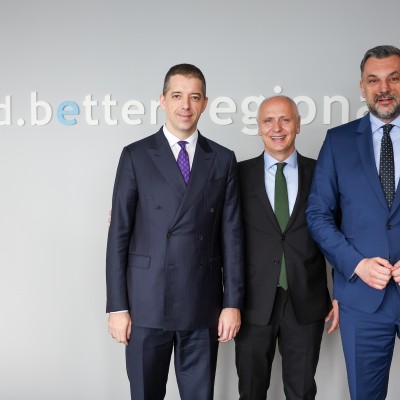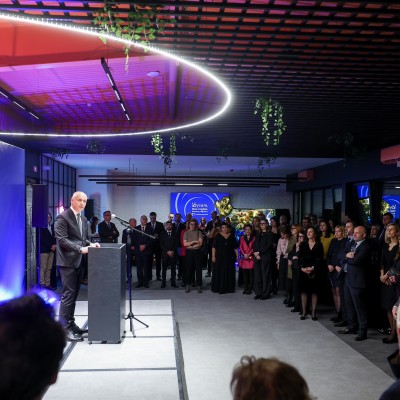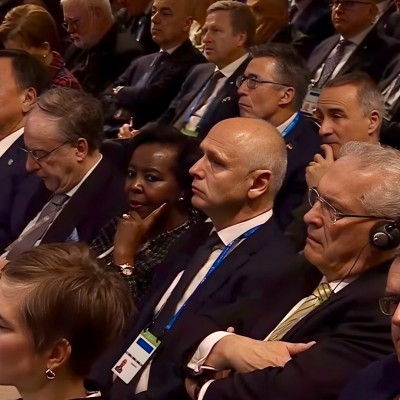International conference on higher education reform concludes in Dubrovnik today
29 September 2010

RCC recognizes importance of human capital in developing knowledge-based economies in South East Europe.(Photo/StockExchange website)
DUBROVNIK/SARAJEVO – A three-day international forum on higher education reform ended today in Dubrovnik, Croatia, agreeing to focus on a strategic development of Western Balkans’ education capacity over the next 10 years, in the context of the EU higher education area.
The International Forum on Higher Education Reform Foresight 2020 was organized by the Regional Cooperation Council (RCC) Secretariat, the University of Novi Sad and the University of Zagreb. The Forum is a follow-up of the biannual international conferences on higher education (Novi Sad 2005, Dubrovnik 2007, Sarajevo 2009).
The event explored a wider context of European higher education modernisation reform and created a platform for an open discussion among rectors, university professors and higher education authorities from the Western Balkans and the EU, other European and international organisations and agencies. Representatives of the universities from the region signed a Letter of Intention, expressing commitment to enhance regional cooperation in doctoral education, i.e. promote and support mobility of doctoral candidates, develop infrastructure for mutual recognition of awarded doctoral degrees, initiate exchange of post-doctoral researchers, and participate in collaborative research grants, in order to increase institutional capacities, both in research expertise and infrastructure.
Welcoming addresses were delivered by RCC Secretary General, Hido Biščević and Rector of the University of Zagreb, Aleksa Bjeliš.
“If the countries of South East Europe want to meet the challenges of the 21st century and sustain their prosperity in the face of growing global competition, they will have to pull together their own resources in the ongoing process of promoting knowledge as its main factor of competitiveness”, said RCC Secretary General Biscevic.
“Mobility of academics and students has a special role in this area. It provides the young people with various benefits: sharing and gaining knowledge, allowing pear learning among the students, and fostering the idea of multicultural and international cooperation.”
Participants emphasized importance of the RCC Secretariat’s flagship initiative, Building Capacity for Structural Reform in Higher Education of Western Balkan Countries, which has been recommended for funding through the regional dimension of TEMPUS Programme. A steering group on higher education structural reform will be established under the RCC umbrella. The project amounts to 800.000 euro, with the implementation expected to start in November 2010.



